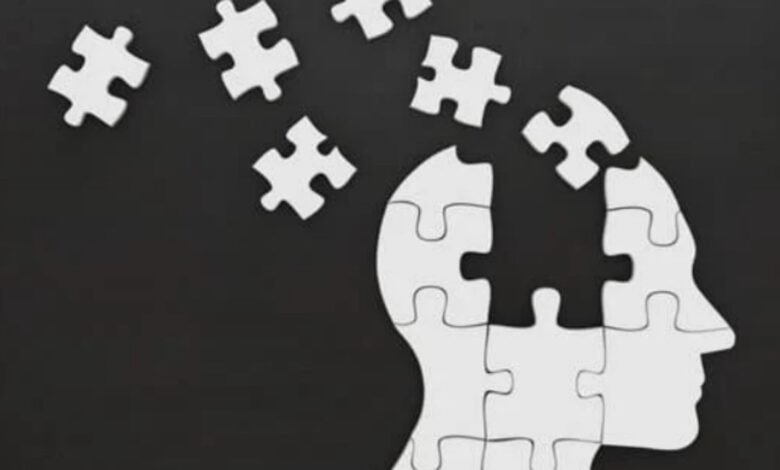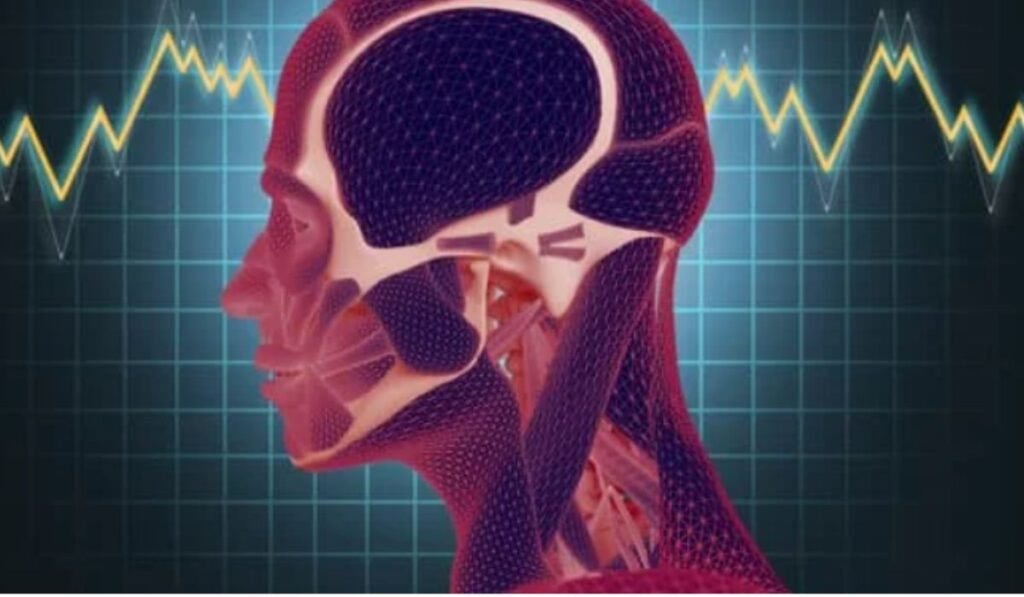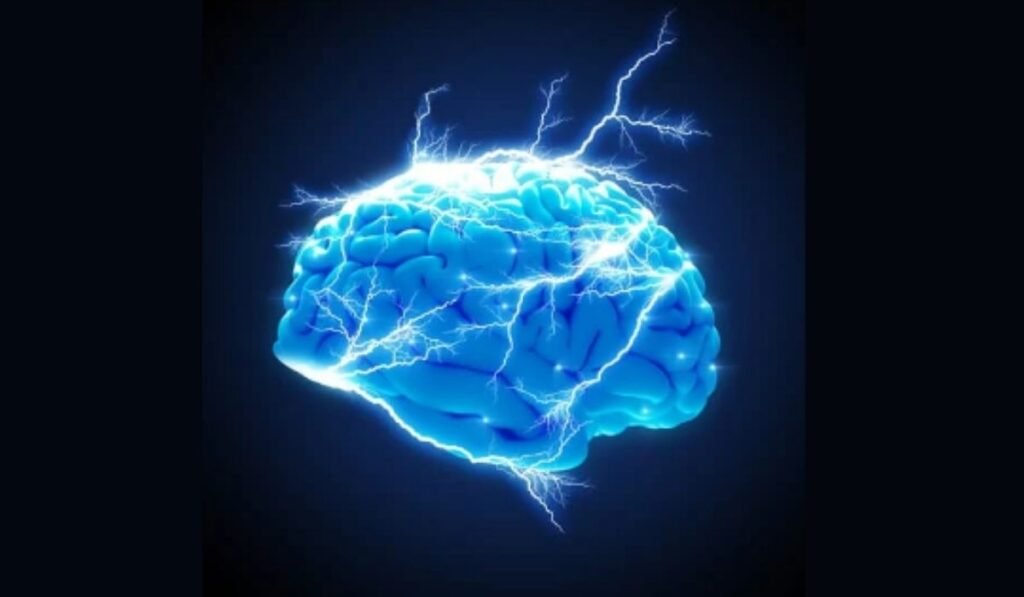How your Brain Decides what to keep
Brain waves during rest help store memories! Learn why sleep is so important.

Electric signals in a resting brain decides what to keep for storage, supporting the idea that rest is crucial.
György Buzsáki began experimenting with waves throughout his high school years. He made a radio receiver at his childhood residence in Hungary, set it to different electromagnetic frequencies, and utilized a radio transmitter to communicate with strangers ranging in distance from Jordan to the Faroe Islands.
He recalls certain of these “ham radio” conversations more clearly than others, much like you do some old recollections. Now, as a professor of neuroscience at New York University, Buzsáki studies brain waves to understand how the brain decides what to remember.
Buzsáki’s research focuses on electrical patterns in the brain to see how experiences are saved as memories. New studies from his lab show that the brain tags important experiences with sudden, powerful high-frequency brain waves called “sharp wave ripples.” These waves, which look like a fireworks show in the brain, happen when thousands of neurons fire within milliseconds of each other. They happen when the brain is at rest, which can happen while you’re sleeping or taking breaks.
Sharp wave ripples play an important role in creation of memories by aiding in storing and selection of memories.
This study also clarifies the significance of rest and sleep for keeping memories. Our brains run different programs when resting & awake. You can’t form memories if you only sleep or if you’re always awake. “Interruptions are necessary for learning,” stated Buzsáki.
The “fireworks” in the brain go off during these disruptions.
| Topic | Details |
|---|---|
| Title | Electric signals in a resting brain decide what to keep for storage, supporting the idea that rest is crucial. |
| Researcher | György Buzsáki, Professor of Neuroscience at New York University |
| Key Findings | – Brain tags important experiences with sharp wave ripples during rest. |
| … | – Sharp wave ripples aid in storing and selecting memories. |
| Experimental Insights | – Rats’ memory performance enhanced with active sharp wave ripples. |
| … | – Disruption of sharp wave ripples impairs memory consolidation. |
| Significance of Rest | Rest and sleep are essential for memory consolidation processes. |
| Brain Waves Overview | Sharp wave ripples resemble fast brain activity, replaying experiences at an accelerated rate. |
| Future Applications | Potential implications for treating memory disorders (e.g., PTSD) by modulating sharp wave ripples. |
| Quotable Quotes | “The brain continues to practice and recall the past during moments of awake sleep.” – Lila Davachi, Columbia University |
| Key Studies | – Yang et al., 2010: Demonstrated role of sharp wave ripples in memory consolidation. |
| … | – Bendor et al., 2023: Observed sharp wave ripples tagging memories during wakefulness and sleep. |
| Unanswered Questions | Why does the brain prioritize certain memories over others? |
| Neuroscience Insights | Internal brain states and neuromodulators may influence memory retention. |
| Clinical Implications | Potential for therapeutic interventions targeting sharp wave ripples in memory disorders. |
| Research Challenges | Understanding the mechanisms behind memory selection and retention. |

The Brain’s Rehearsal: How Rest and Sleep Help Form Memories
Buzsáki will always remember hearing the ripple of a sharp wave for the first time. In 1981, while working as a postdoc at the University of Western Ontario, he used a loudspeaker to listen to the brain activity of rats that had been given anesthesia. For nearly nine years, he had been researching the melodic, rhythmic oscillations created by the awake animals as they explored their environment. The startling “bong” that erupted from his speaker when the rats were fast asleep caught him off guard.
The sound struck Buzsáki as profound as Beethoven’s Fifth Symphony’s tragic refrain. He sang, “Da da da da,” remembering his surprise. There was another bong, “Da da da da.”
What was happening? When the rodents were awake, their brains produced steady electrical activity. But when anesthetized, their brains fired off much faster patterns.
Other researchers had noticed these fast waves too. In 1969, Buzsáki’s adviser Cornelius Vanderwolf provided an explanation for these irregular patterns. In the 1970s, Nobel Prize winner John O’Keefe called them “ripples.” But when Buzsáki heard them himself, he became obsessed.
He spent the next decade studying these electrical bursts. In the late 1980s, researchers found that rapid bursts of neuron firing could strengthen connections related to learning and memory. To Buzsáki, these bursts sounded like his waves. In 1989, he proposed that sharp wave ripples might help the brain form and store memories.
He believed this wasn’t just noise but was important for the brain,” said Michaël Zugaro, a neuroscientist at the Collège de France who was a postdoc in Buzsáki’s lab in 2002. “That was a great feeling because not much was known then.”
In the 1990s and early 2000s, better computing power and new tools that could record from over 100 neurons at once helped researchers study sharp wave ripples. These ripples, according to Buzsáki and colleagues, appear to resemble brain activity associated with an animal’s experiences, such negotiating a maze, but at a rate that is 10 to 20 times faster. According to Hiroaki Norimoto, a neuroscience professor at Nagoya University in Japan, a 2002 paper that popularized sharp wave ripples showed that they renew a sequence of neural activity.
“Throughout these moments of awake sleep, your brain continues to practice and recall the past.”
Lila Davachi, University of Columbia
Two experiments (one directed by Zugaro) conducted in 2009 and 2010 demonstrated that long-term memory consolidation is aided by strong wave ripples. Rats performed poorly on memory tests when the researchers stifled or interrupted the ripples. “The animal loses its memory when you destroy them,” Zugaro clarified. Subsequent research revealed that rats’ memory was enhanced by an increase in ripples.
It became evident that a memory is cemented by these ripples occurring repeatedly. Professor of psychology at Columbia University Lila Davachi stated, “The brain is practicing.” “Your brain replays and practices old events even when you are asleep.”
Neuroscientist Daniel Bendor of University College London proposed defining an interaction as “a melody on the piano.” A pianist taps out a series of keys, so too does a certain sequence of neurons fire to record an event. The hippocampus repeats that pattern quicker, possibly hundreds or thousands of times, as you sleep. From the hippocampus, a crucial region for episodic memories, these acute wave ripples move toward the cortex, which is important in long-term memory preservation.
Nobody, however, could explain why the waves propagated during a sleeping, awake animal. Bendor remembered thinking, “They must be used for something else.” Different ideas were held by scientists. Making plans or decisions could be aided by some thought-waking ripples. Others said they could somehow rearrange or change memories.
Another theory put up by a number of groups was that playback in the awake state and replay in the sleep state were closely related, and that they might serve as the brain’s selection mechanism for memories.

Memory Trials
Boxes of mice dozed and relaxed in an infrared-lit environment at NYU. Handmade plastic and tape mazes waited for them next door. The mice investigated the mazes individually while donning electrodes to capture activity from roughly 500 hippocampus neurons. They discovered which routes led to rewards in water. They would sometimes stop during their maze runs to rest or groom. After that, they slept in their own cages as scientists kept an eye on their brain activity.
Yang tracked which neurons fired during many trials in order to interpret the data. She observed a great deal of variation—some neurons fired at different rates during later trials, whereas others fired during early ones. This showed that the experiences of each trial were retained differently in the brain. Significantly, bursts of abrupt wave ripples followed some trials, but not others.
She then made a comparison between the brain activity seen during the mice’s experiences in the maze and the corresponding ripples that later surfaced. Trials that the mice slept through were the same trials that they repeated more often. Furthermore, the trials that were not repeated when the mice were awake were also not repeated when they were asleep.
The researchers came to the conclusion that the brain may prioritize experiences to recall through the use of resting ripples. Yang said, “Maybe awake ripples are memory tags” that aid in the long-term retention of specific events. “Those that aren’t marked aren’t replayed during sleep and will be forgotten.”
“There must be a way for the brain to decide what’s important to remember and what to forget,” Zugaro said. “How particular memories are selected for storage remained a mystery to us… We now have a reliable hint.”
In December, a team led by Bendor at University College London published results in Nature Communications that echoed Yang and Buzsáki’s findings. They also observed sharp wave ripples during wakefulness and sleep in rats, suggesting these waves tag experiences for memory. However, their analysis averaged different trials, which was less precise than Yang and Buzsáki’s approach.
By adding time into their study, the NYU team achieved a first by being able to differentiate between comparable memories in a way that had never been done previously. The researchers achieved a new degree of detail by being able to distinguish between blocks of trials at the cell level, even though the mice were moving in the same maze.
“They’re demonstrating that the brain could be creating a temporal code to distinguish between distinct memories occurring in the same space,” said Radboud University neuroscientist Freyja Ñlafsdóttir, who was not associated with the research.
Without being involved in the study, UC San Francisco neuroscientist Loren Frank made the following observation: “The brain patterns represent something closer to an event with fewer like general knowledge.” I find that to be a really intriguing discovery.”
Brandeis University neuroscientist Shantanu Jadhav hailed the findings as a solid beginning. “This is a good start,” he remarked. He does, however, expect to see a behavioral test included in a follow-up investigation. “Showing that an animal either forgot or remembered a trial block would be the real proof that this is a tagging or remarking mechanism.”
A question left unresolved by the findings is why the brain prefers to recall certain experiences over others. The new research explains how the brain assigns a particular experience to memory, but it doesn’t explain how the brain determines what information is important to retain.
Neuroscientist Loren Frank of UC San Francisco said, “There are times when it seems like the things we remember are random or unimportant, and definitely not what we’d choose if we had to choose.” He said, “There is a sense that the brain prioritizes based on ‘importance.'” According to studies, emotional or new experiences are more likely to be recalled; this tendency may be impacted by internal arousal fluctuations or levels of neuromodulators such as dopamine or adrenaline.
Concurring, Shantanu Jadhav pointed out that “the internal state of the organism can bias events to be encoded and stored more efficiently.”. He continued, saying that it is yet unknown why some experiences are more likely to be retained than others. It’s unknown in Yang and Buzsáki’s study why a mouse might recall one trial more clearly than another.
With an eye on possible uses, Buzsáki keeps investigating the functions of sharp wave ripples in the hippocampal region. Disrupting these ripples, he says, may find use in treating disorders where vivid memories are troublesome, such as post-traumatic stress disorder. “The easiest thing to do here is to remove sharp waves & forget what you’ve encountered,” he stated.
For the time being, Buzsáki is still committed to learning more about the reasons why some memories endure.
- Human footprints in New Mexico really may be surprisingly ancient, new dating shows
- Mammoth History: Wrangel Island’s Final Population Purged Harmful Mutations
- Big Pharma’s Bold Fight: 5 Bizarre Moves to Halt Price Reforms
Conclusion: How your Brain Decides what to keep
György Buzsáki’s research team has conducted a study emphasizing the electromagnetic waves’ essential role, primarily the sharp wave ripples, during the formation of solid and stable memories while the brain is still at rest. This is the first time that the critical importance of sleep to memory formation has been noted, in the demonstration of the brain consciously processing and rehearsing the experiences it wants to keep through rapid-firing patterns of neurons.
While this may sound a bit confusing, the brain indeed is an active agent and not a passive receiver of memories. Actually, memory recollection is one of the numerous new fields-of-study being opened by the insights into fundamental neuronal research. Besides, it is worth noting that the rise of wireless devices allows the development of observational and interventional techniques on a larger scale.



